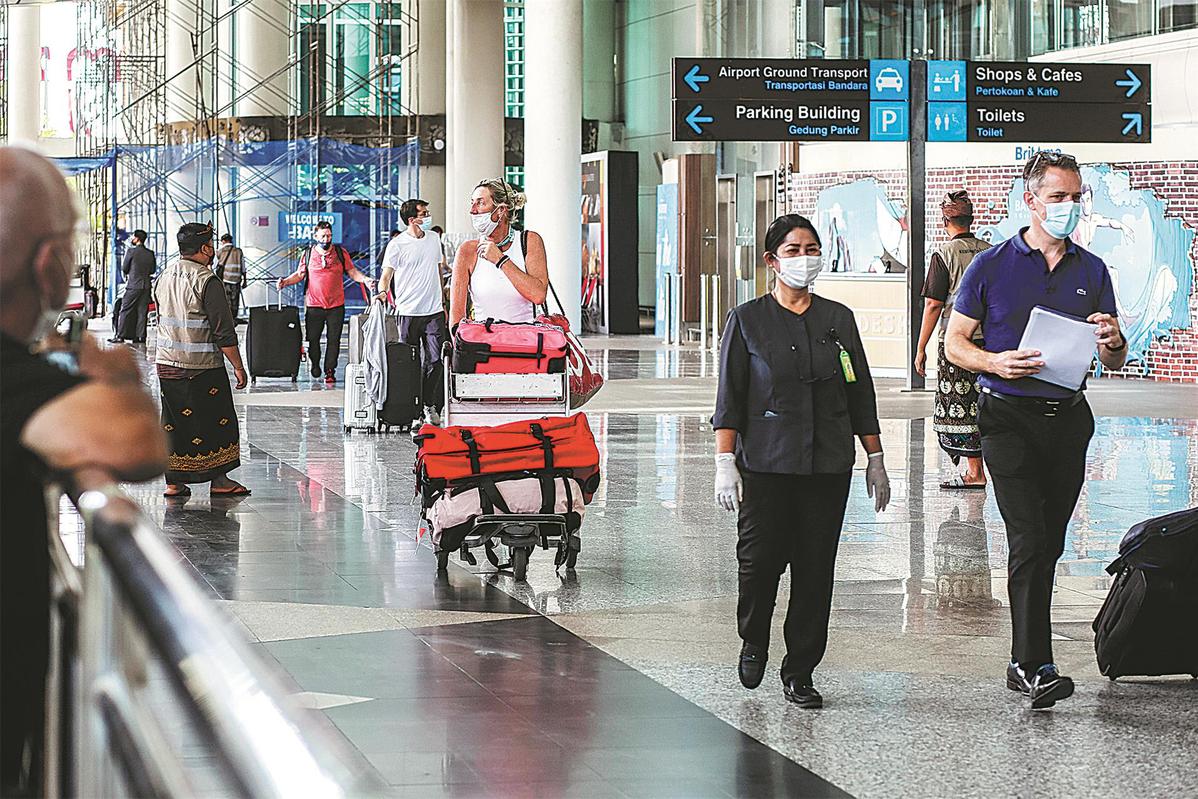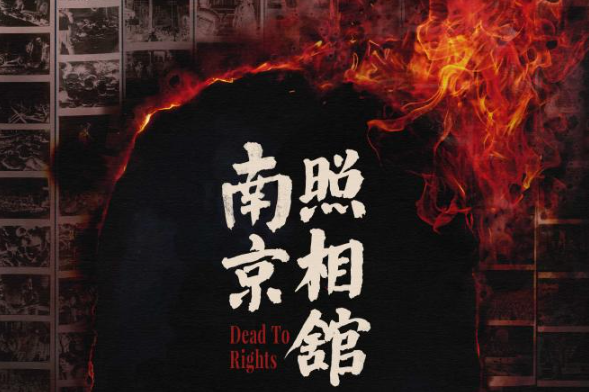Indonesian hopes boosted with homegrown vaccine






As Indonesia moves forward with the clinical trial of its first locally produced COVID-19 vaccine, public health experts hope the initiative will boost vaccination rates and curb the spread of infections over the long term.
State-owned Airlangga University and private pharmaceutical firm Biotis Pharmaceuticals started testing the Merah Putih vaccine on humans on Feb 9.
Indonesia's Food and Drug Monitoring Agency, which gave the go-ahead for the clinical trial, is aiming for an emergency use permit for the vaccine by mid-July.
Merah Putih means "red and white" in Indonesian, with the vaccine drawing its name from the colors of the nation's flag.
Most of the COVID-19 jabs used in Indonesia have come from China.
Experts have welcomed the progress made in the homegrown vaccine's development, especially as Southeast Asia's most populous nation has the highest number of COVID-19 cases in the region, with over 5.7 million recorded by Monday.
"I am optimistic (of the results of the clinical trial) because it follows standard procedures and is being supervised by a reputable university (and institutions)," said Tjandra Yoga Aditama, director of the postgraduate department at YARSI University, a private university established by the Islamic Hospital Foundation of Indonesia.
Dicky Budiman, an epidemiologist at Griffith University in Australia, said the development of a homegrown vaccine will provide cheaper and more readily available doses for Indonesians.
He said Indonesians are also more likely to trust the efficacy of Merah Putih, having been produced locally and tested on their fellow citizens. Budiman said Merah Putih has been certified as halal by the Ministry of Religious Affairs, a key concern in a Muslim-majority country. Halal is an Arabic word that translates as "permissible", as opposed to haram or "forbidden".
In March 2021, concerns were raised over the distribution of a vaccine from AstraZeneca after the Indonesian Ulema Council declared it to be haram. The council, an influential organization of Islamic scholars, said AstraZeneca uses pork-derived trypsin-which is needed to break down proteins-in its production. Pork is regarded as unclean by Muslims. AstraZeneca later issued a statement saying its vaccine has no pork-derived ingredients.
A vaccine from China's Sinovac Biotech is considered "holy and halal" by the council. The vaccine has been widely used in Indonesia.
Indonesia's daily COVID-19 cases hit a record 64,718 on Feb 16, but the number has since dropped as the country's vaccination program intensifies.
After lagging behind its regional peers, Indonesia has accelerated the pace of vaccinations in the past few weeks, with over 70 percent of people fully vaccinated as of Friday, according to official data. But only 5.5 percent of people have received booster shots.
Health Minister Budi Gunadi Sadikin said the Merah Putih vaccine can potentially be used as a booster and as a vaccine for children aged 3 to 6. He said Indonesia also plans to donate doses to some African countries.
Leonardus Jegho is a freelance journalist for China Daily.




























